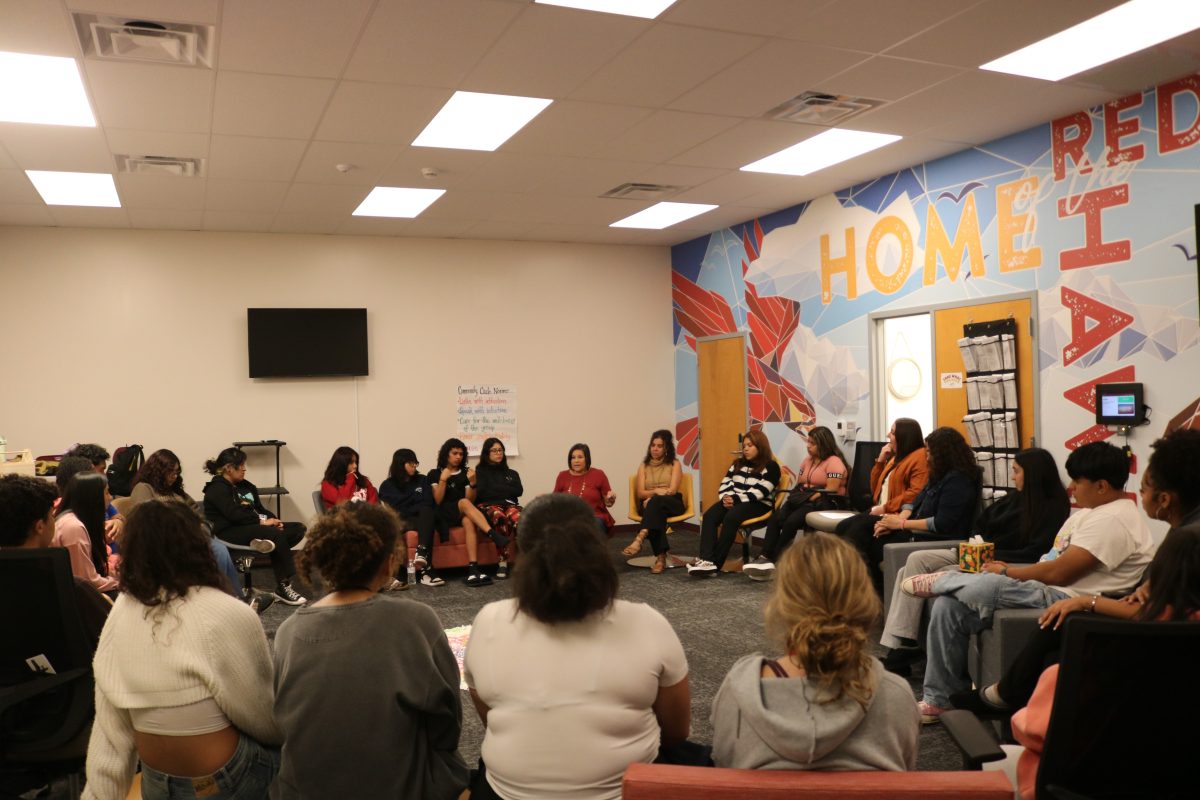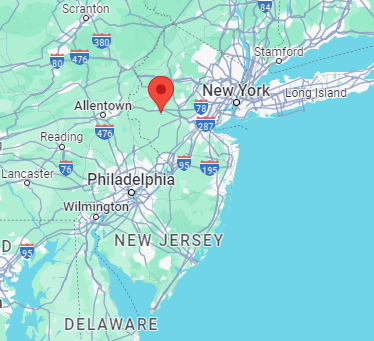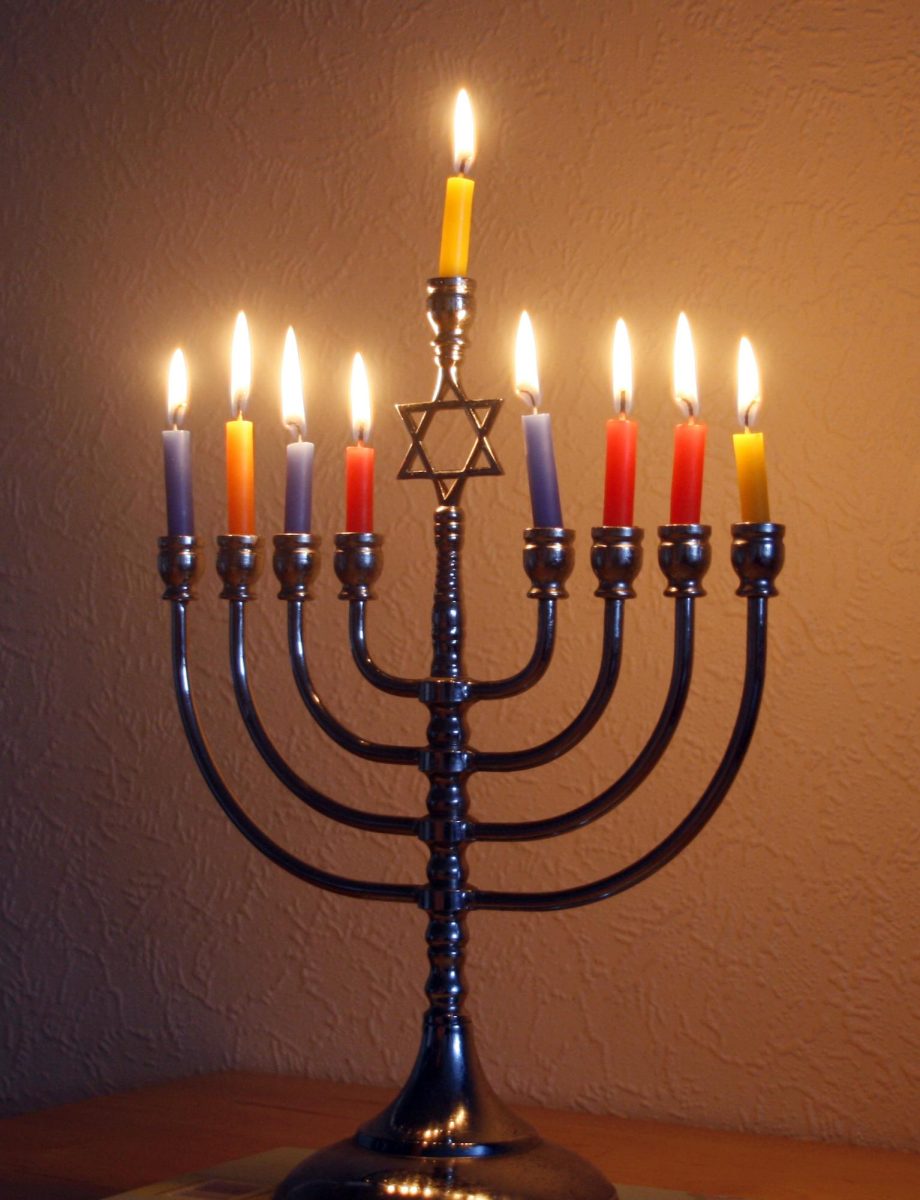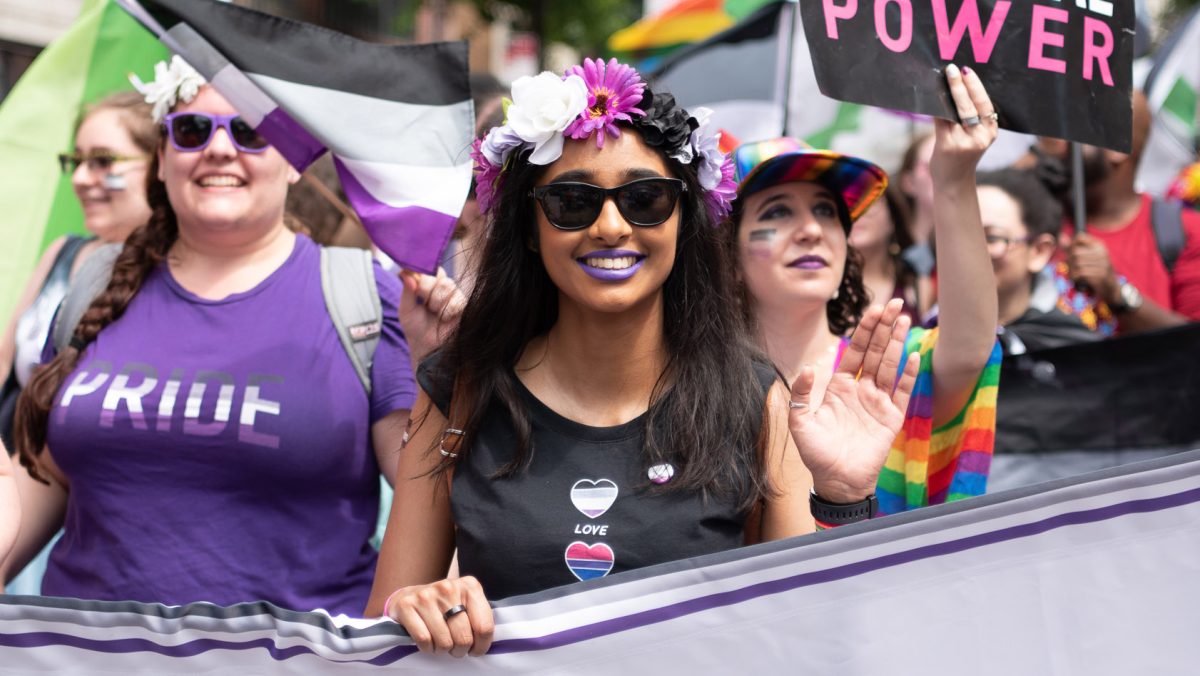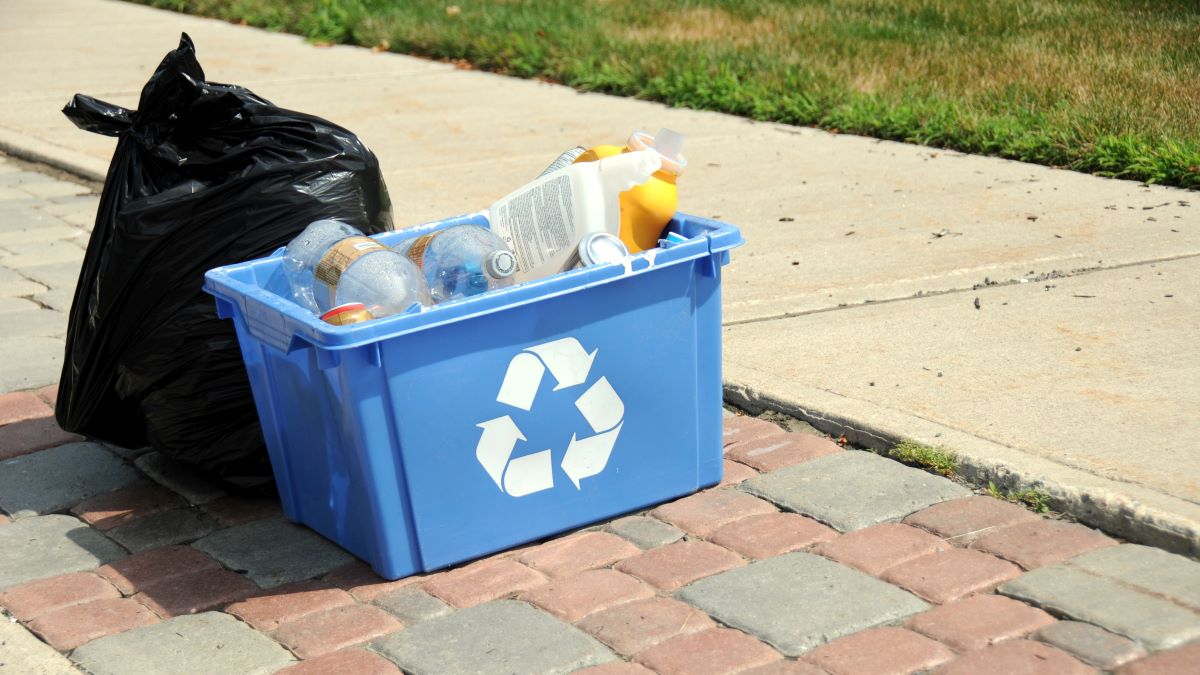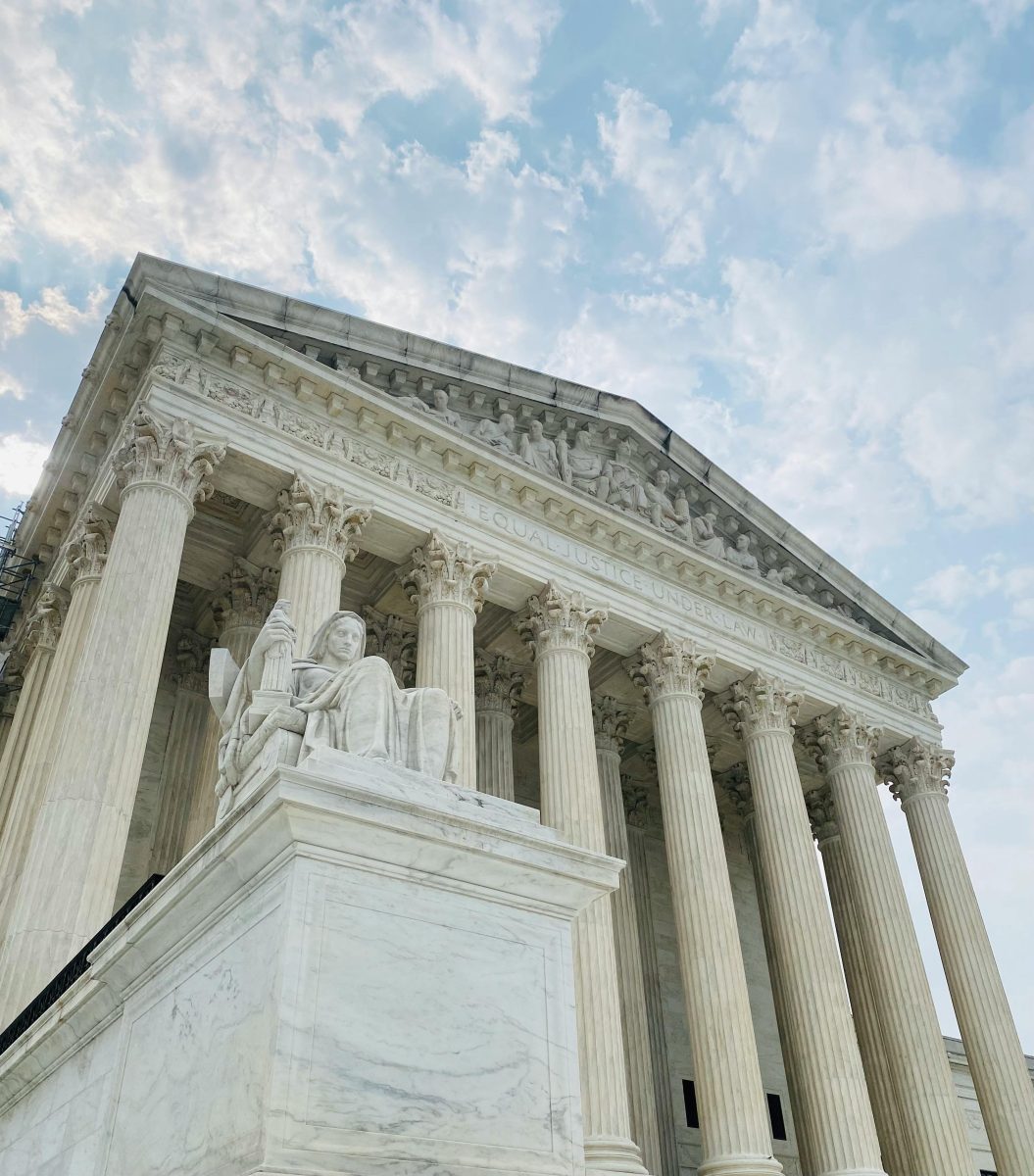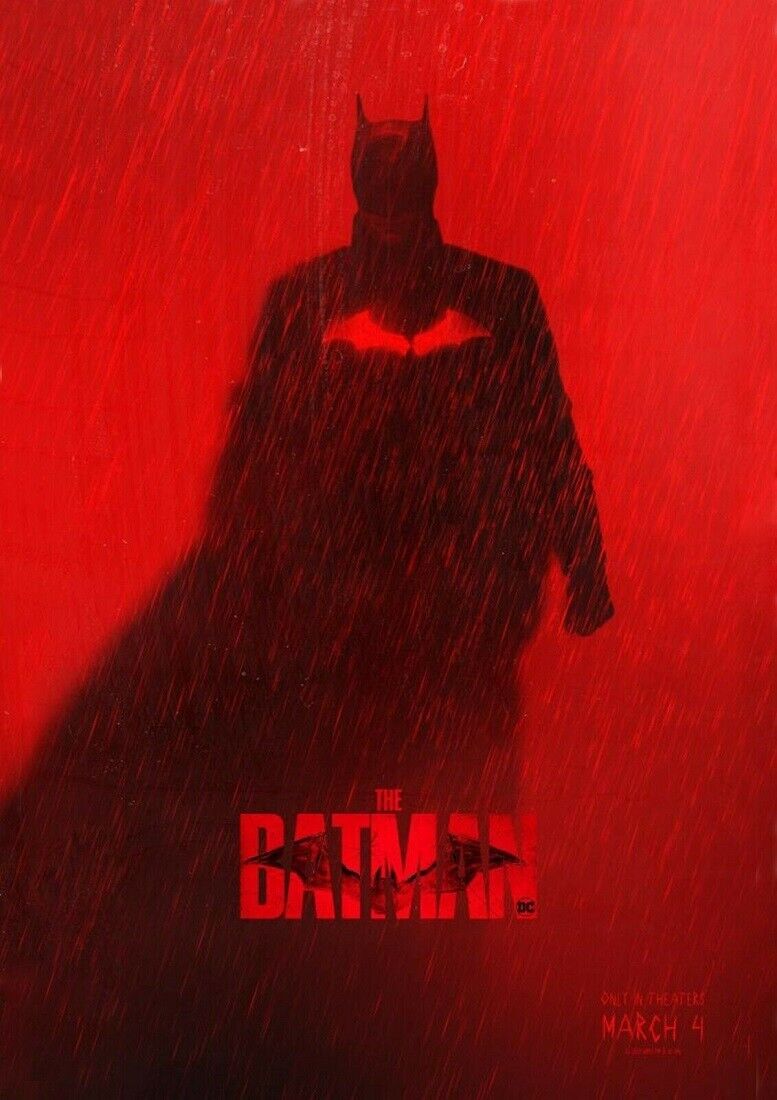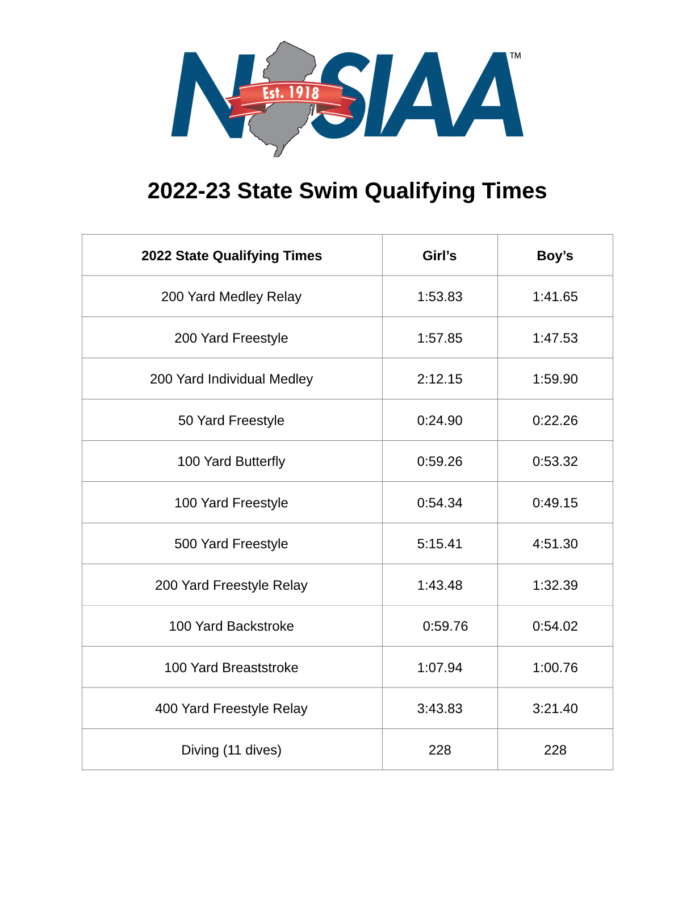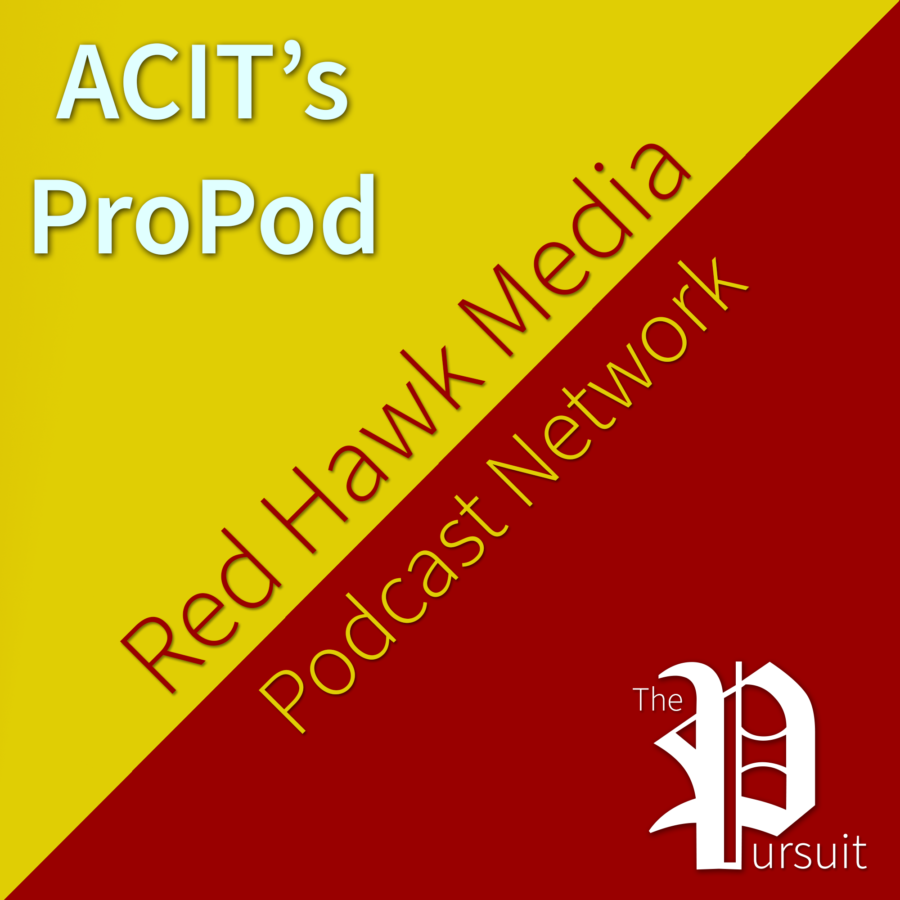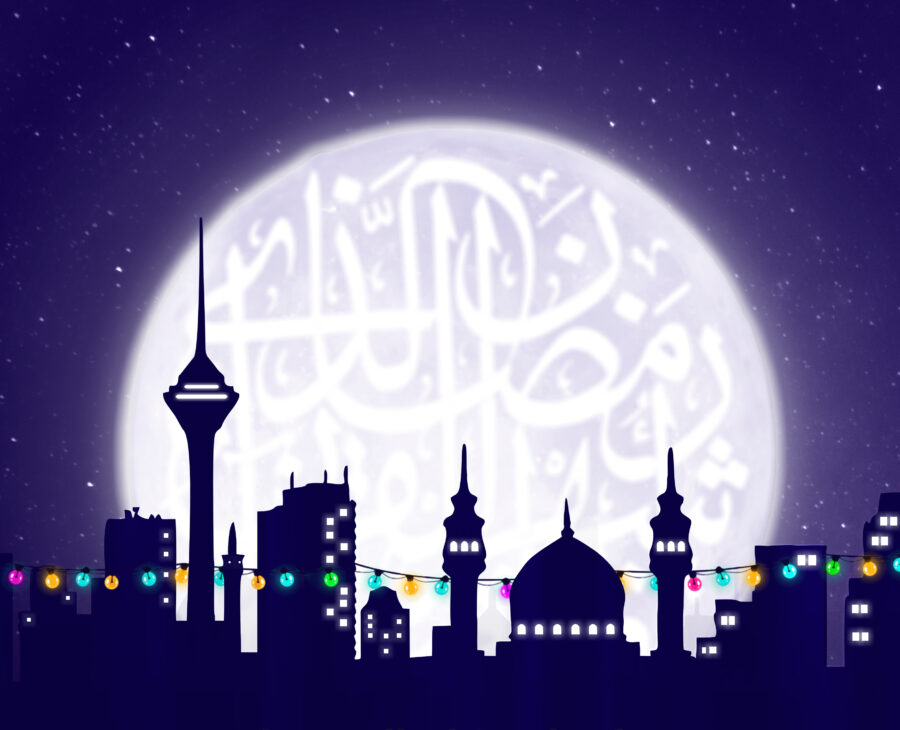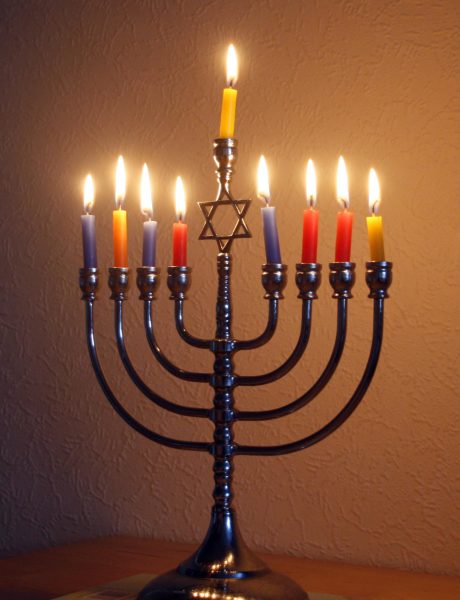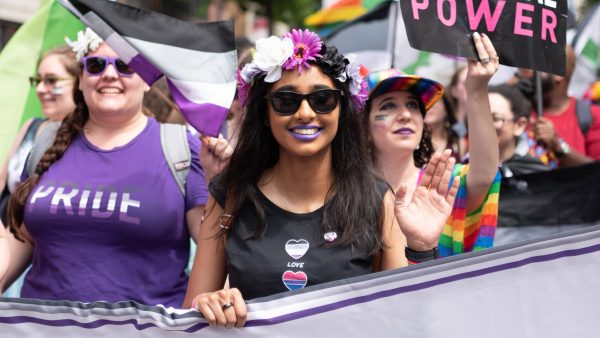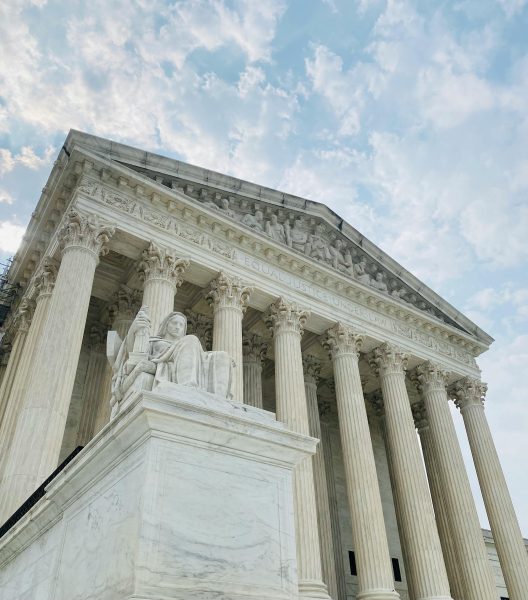The Story of Ramadan
Ramadan, a Muslim customary holiday that is celebrated around the world, involves many things from fasting to not participating in “improper” activities. This holiday that every Muslim, besides some situations, has to abide by for around 22 – 30 days, as their religion calls for it. Some say that fasting during Ramadan brings a person’s soul closer to God, as it reminds them of others that aren’t as fortunate as them. With this in mind, it’d be nice to go further in-depth on what and where Ramadan comes from, perhaps bringing the reader’s soul closer to their religion. No matter what religion or culture one follows, it’s true that we can always get closer to God, as cleansing of the soul can allow all sin to wash off us and allow inner peace to be achieved. This article will go over the ins and outs of why, where, and what is Ramadan, and as said prior an in-depth analysis of this holiday.
Dating back to 624 CE, Ramadan was first observed in Medina, today in modern day Saudi Arabia. This was quite an important time in Muslim history as it was the second year of the Hijrat, more or less the migration of Muslims from Mecca to Medina to escape religious persecution. The first Muslims then decided to start their calendar with the beginning being marked at the start of Hijrat. Their travels were long and hard going through deserts during March, the spring is much milder than the summer in the Arabian Peninsula. The Quran quotes, “O believers! Fasting is prescribed for you — as it was for those before you — so perhaps you will become mindful” (Murat Sofuoglu, lines 17-18). The Quran instructed the Muslims to fast as others had done before them, these verses were revealed to the prophet Muhammad in February 624 AD. They experienced the occasional fast months prior to Ramadan, but a new challenge for them would be fasting for thirty days straight without any interruption. The Quran doesn’t require all to participate in the fast, including elderly people, prepubescent children, those physically or mentally incapable, pregnant and menstruating women, along with breastfeeding mothers can be exempt from fasting, as only the healthy are required. Also stated in the Quran, if a Muslim adult has legitimate reasons not to fast, they should feed a poor person for each day they miss.
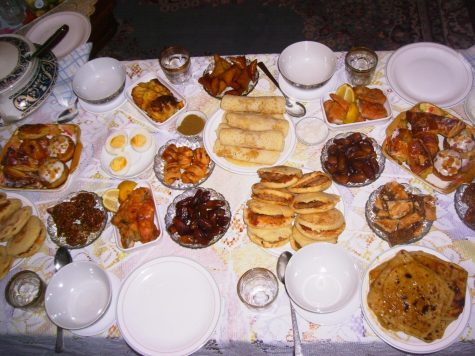
Although many may believe that Muslims can’t completely eat for thirty days, that’s not completely true, as they do have precise times during the day that they can eat and drink. They first get an early morning meal before dawn called suhoor or sehri which is their only meal before sunset. After sunset, they have their evening meal called iftar or fitoor which they have their last chance to eat for the day. At the end of Ramadan Eid takes place; Eid al-Fitr translates to “the festival of the breaking of the fast”, it’s marked at the first sight of a new moon cycle. In the Middle East, Eid is held right after the Fajr morning prayer while in places like the UK, it’s any time from 07:00 onwards.
An in-depth look at the understanding of how Ramadan came to fruition is quite the story, to say the least. A jagged start from the Muslims escaping religious persecution by leaving Mecca, traveling through deserts and other urban places to reach Medina, during one of the hottest times of the year, while also having limited food and water. Spearheaded by the prophet Muhammad showing them the way of the Quran, they struggled getting to their destination, which is why the Quran calls for Ramadan as a reminder of not only what they went through, but as a way to understand and connect with the less fortunate. The whole point of Ramadan is to connect with your inner spirit and become closer to God, while also washing your hands of sins one has committed. The bigger picture is that to cure oneself of sin one must abstain from it first because without will, there is no correct path to action and solution.
Sources: Ramadan Begins for Muslims Across the World. The Holy Month Explained How Prophet Muhammad and his companions experienced the first Ramadan What is Ramadan and when is it? - BBC News
